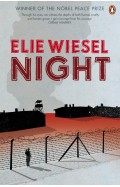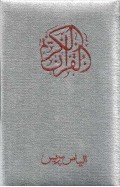BHUTTO: A POLITICAL BIOGRAPHY
By: Salmaan Taseer
-
Rs 1,270.75
- Rs 1,495.00
- 15%
You save Rs 224.25.
Due to constant currency fluctuation, prices are subject to change with or without notice.
Zulfiqar Ali Bhutto came from a wealth family of feudal landowners in Sind. Although west-ernized by education in the United States and in England, he became the champion of the Third World when he was appointed the youngest Foreign Minister in Asia in 1962.
Disillusioned with his one-time mentor, President Ayub Khan, he orchestrated civilian demonstrations which toppled him from power. A skillful and sophisticated politician, he nevertheless failed to prevent (and some say le even provoked) the bloodbath which led to the secession of Bangladesh.
He assumed power in the aftermath of the debacle, and swept the general elections in West Pakistan with a slogan of ‘iroti kapara makan’ ‘food, clothes and shelter'. Bhutto's regime, which began with so much promise, eventually fell to an army coup amid charges of violence and oppression. His trail, which lasted nearly two years, caused world-wide sensation. In spite of pleas for clemency from many heads of state, he was hanged on 4 April 1979.
His courage in the face of death made him a martyr whose shadow will fall on the politics of Pakistan for years of come. Salmaan Taseer's political biography provides unique insight into this dramatic career and into the political structure of Pakistan. The author interviewed Bhutto on several occasions and reveals hitherto unknown facts about his rise and fall, and provides an ac-count of intrigue, feudalism, populism and religion which is highly relevant to what is happening in Pakistan today.
Zulfiqar Ali Bhutto came from a wealth family of feudal landowners in Sind. Although west-ernized by education in the United States and in England, he became the champion of the Third World when he was appointed the youngest Foreign Minister in Asia in 1962.
Disillusioned with his one-time mentor, President Ayub Khan, he orchestrated civilian demonstrations which toppled him from power. A skillful and sophisticated politician, he nevertheless failed to prevent (and some say le even provoked) the bloodbath which led to the secession of Bangladesh.
He assumed power in the aftermath of the debacle, and swept the general elections in West Pakistan with a slogan of ‘iroti kapara makan’ ‘food, clothes and shelter'. Bhutto's regime, which began with so much promise, eventually fell to an army coup amid charges of violence and oppression. His trail, which lasted nearly two years, caused world-wide sensation. In spite of pleas for clemency from many heads of state, he was hanged on 4 April 1979.
His courage in the face of death made him a martyr whose shadow will fall on the politics of Pakistan for years of come. Salmaan Taseer's political biography provides unique insight into this dramatic career and into the political structure of Pakistan. The author interviewed Bhutto on several occasions and reveals hitherto unknown facts about his rise and fall, and provides an ac-count of intrigue, feudalism, populism and religion which is highly relevant to what is happening in Pakistan today.
Zubin Mehta: A Musical Journey (An Authorized Biography)
By: VOID - Bakhtiar K. Dadabhoy
Rs 892.50 Rs 1,050.00 Ex Tax :Rs 892.50
Jawaharlal Nehru: Civilizing A Savage World
By: Nayantara Sahgal
Rs 616.25 Rs 725.00 Ex Tax :Rs 616.25
The Pakistan Cauldron Conspiracy Assassination And Instability
By: Farewell
Rs 597.00 Rs 995.00 Ex Tax :Rs 597.00
Manning Up: How the Rise of Women Has Turned Men into Boys
By: Kay Hymowitz
Rs 845.75 Rs 995.00 Ex Tax :Rs 845.75
The Perfect Gentleman: A Muslim Boy Meets the West - [HB]
By: Imran Ahmad
Rs 1,447.50 Rs 2,895.00 Ex Tax :Rs 1,447.50
Jawaharlal Nehru: Civilizing A Savage World
By: Nayantara Sahgal
Rs 616.25 Rs 725.00 Ex Tax :Rs 616.25
The Pakistan Cauldron Conspiracy Assassination And Instability
By: Farewell
Rs 597.00 Rs 995.00 Ex Tax :Rs 597.00
Pax Romana: War, Peace and Conquest in the Roman World
By: Adrian Goldsworthy
Rs 2,545.75 Rs 2,995.00 Ex Tax :Rs 2,545.75
The Witcher Volume 4: Of Flesh and Flame
By: Aleksandra Motyka
Rs 4,330.75 Rs 5,095.00 Ex Tax :Rs 4,330.75
The Kid's Awesome Activity Book: Games! Puzzles! Mazes! And More!
By: Mike Lowery
Rs 3,820.75 Rs 4,495.00 Ex Tax :Rs 3,820.75
Playing With Fire: Skulduggery Pleasant Book 2
By: Derek Landy
Rs 1,795.50 Rs 1,995.00 Ex Tax :Rs 1,795.50
Fabulous Frocks A celebration of dress design
By: Jane Eastoe
Rs 2,965.50 Rs 3,295.00 Ex Tax :Rs 2,965.50
MOUNTBATTEN, CABINET MISSION AND PROVINCIAL BOUNDARIES
By: Muhammad Iqbal Chawla
Rs 3,145.50 Rs 3,495.00 Ex Tax :Rs 3,145.50
Again, Rachel: The love story of the summer
By: Marian Keyes
Rs 2,245.50 Rs 2,495.00 Ex Tax :Rs 2,245.50
Zubin Mehta: A Musical Journey (An Authorized Biography)
By: VOID - Bakhtiar K. Dadabhoy
Rs 892.50 Rs 1,050.00 Ex Tax :Rs 892.50
Jawaharlal Nehru: Civilizing A Savage World
By: Nayantara Sahgal
Rs 616.25 Rs 725.00 Ex Tax :Rs 616.25
The Pakistan Cauldron Conspiracy Assassination And Instability
By: Farewell
Rs 597.00 Rs 995.00 Ex Tax :Rs 597.00












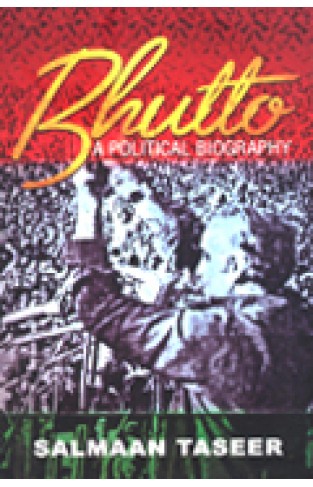
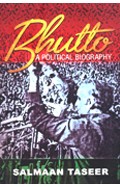

-120x187.jpg?q6)





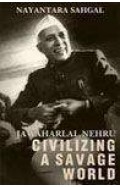
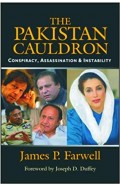




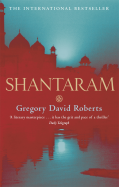
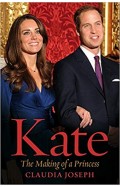
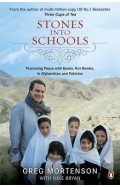
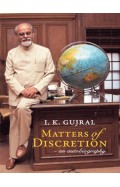
![The Perfect Gentleman: A Muslim Boy Meets the West - [HB]](https://www.libertybooks.com/image/cache/catalog/the-perfect-gentleman-a-muslim-boy-meets-the-west-[hb]-9781455508495-120x187.jpg?q6)
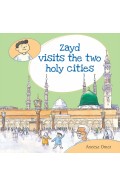
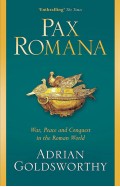





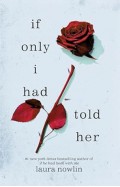


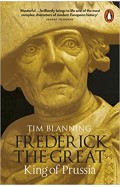
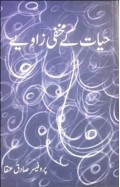
-120x187.jpg?q6)






